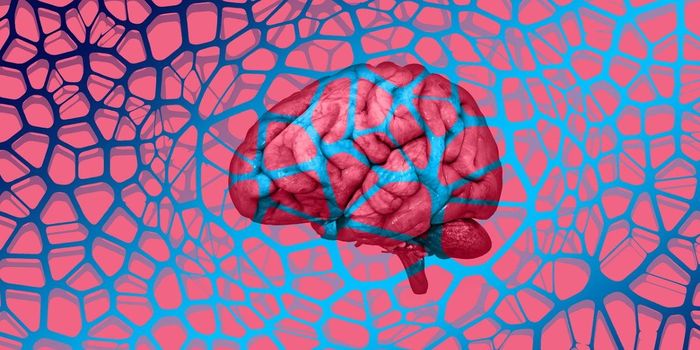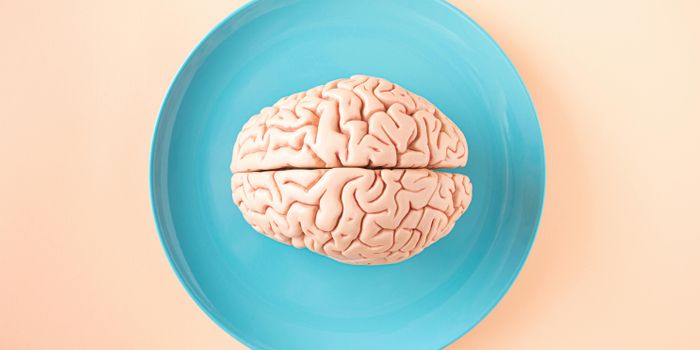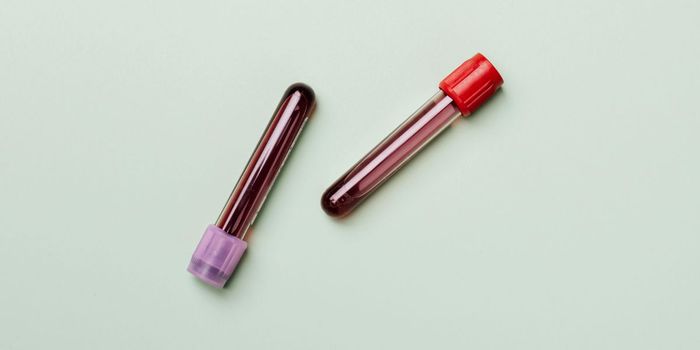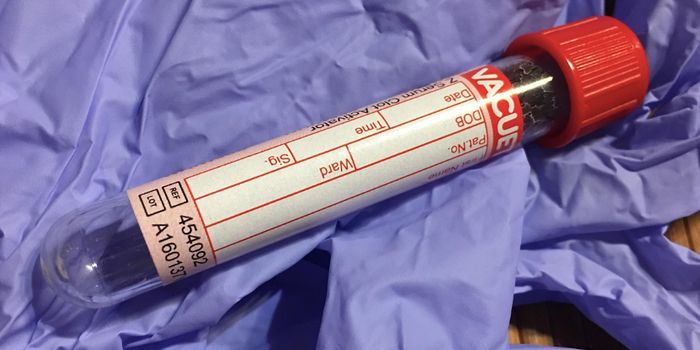To drink, or not to drink, that is the question for some. While almost every scientific study done on excessive drinking shows that it has many detrimental effects, there are also studies on moderate use that show some benefits. The news that a compound in red wine called resveratrol, could be helpful in warding off heart disease was met with great delight by some, even if it wasn’t proven to a certainty. Still, there remain mountains of medical evidence that alcohol use is something to be cautious about when looking at a person’s overall health. It’s especially important when considering the effects of alcohol on the nervous system and any role it might play in neurodegenerative diseases and various forms of dementia.

A recent study however, might be to beer lovers what the resveratrol findings were to wine enthusiasts. Researchers in Finland have completed a study that suggests consuming beer could have a protective function in warding off the accumulation of β-amyloid (Aβ) plaques in the brain. A build up of these proteins is associated with a higher risk of developing Alzheimer’s disease.
The team in Finland studied other alcoholic beverages in addition to beer, looking at consumption of wine and spirits as well. They gained their data from 125 males who had participated in the Helsinki sudden death autopsy series. All of the participants were aged 35-70 years old at the time of death. Their consumption of beer, wine and other spirits was analyzed via questionnaires filled out by their surviving relatives. The autopsies included immunohistochemical staining of brain sections to evaluate the levels of Aβ aggregation and their apolipoprotein E (APOE) genotypes were also included in the investigation portion of the study
The findings suggest that beer consumption only, and not the consumption of wine or spirits, may have a protective effect against Aβ aggregation in the brain. The amount of alcohol consumed was not correlated directly with Aβ aggregation, so the study was not helpful in providing guidelines for how much beer could be helpful and how much could be harmful, but it was a noteworthy observation. It’s not the first time beer has been studied in relation to cognition. A 2014 study published in the journal Behavioural Brain Research looked at xanthohumol, a flavonoid in beer that appeared to improve cognition in mice, however that study used amounts that when translated to human use would require a person drink 2,000 liters of beer per day, hardly a healthy habit to develop.
The study was published in the journal
Alcoholism: Clinical and Experimental Research and the authors point out that since dementia is a slow process that comes about over a period several years, much more study is needed of other factors that could affect the aggregation of Aβ. The video below shows the highlights of the most recent study, check it out.
Sources:
Food and Wine,
CNN,
Research Society on Alcoholism









